NAM concerned about distortion of religions by terrorist groups: Iran envoy
Iran’s deputy permanent representative to the United Nations says the Non-Aligned Movement (NAM) is concerned about the distortion of religions by terrorist groups to justify their heinous crimes.
Zahra Ershadi made the remarks during a meeting of the UN General Assembly’s Sixth Committee to discuss measures to eliminate international terrorism.
She said the Non-Aligned Movement is concerned about the arbitrary interpretation and misrepresentation of religions by terrorist groups to justify their actions.
She said NAM condemns and rejects terrorism in all its forms and manifestations, including state terrorism, and reiterates its support for relevant UN resolutions regarding the legitimacy of the struggles of people under foreign domination and occupation for freedom and exercising their right to self-determination.
Speaking at the Sixth Committee’s Monday meeting, Ershadi said all states must combat terrorism, including by prosecuting or extraditing the perpetrators of terrorist acts.
She noted, however, that terrorism should not be equated with the legitimate struggle of peoples under colonial or alien domination and foreign occupation.
The brutalization of peoples remaining under foreign occupation should continue to be denounced as the gravest form of terrorism, she stressed.
She also said Iran rejects the use or threat of use of force by any state against any Non-Aligned Movement member country under the pretext of combating terrorism.
Terrorism is being perpetrated not just by terrorist groups, but by certain states against civilians, scientists and government officials, Ershadi said.
She recalled several assassinations and attacks, including the assassination of General Qasem Soleimani, “the hero of combating [Daesh] in the Middle East”, in Baghdad International Airport by the former United States administration, the assassination of Mohsen Fakhrizaeh, an Iranian nuclear scientist and deputy foreign minister, and the terrorist attack by Israel on Iran’s nuclear facility in Natanz.
Those attacks and others, including cyberattacks on critical infrastructure in Iran, were reprehensible practices of terrorism, she said.
Also hypocritical, she continued, is the labeling of people exercising their right to self-determination as terrorists and those who support the oppressed peoples as sponsors of terrorism.
“It is the woeful tale of the Middle East,” she said, underscoring the destructive role of foreign military forces in the region and the protracted occupation of the Palestinian territory.
According to the top Iranian envoy, unilateral coercive measures were not only tantamount to terrorism, but also constituted crimes against humanity, impairing appropriate resources required to combat terrorism and for effective cooperation among member states.
2 more Israeli forces killed in N Gaza: Reports
Iran relies on natural gas for nearly 90% of its power production: Expert
US embassy in Beirut blocks Iraq-Lebanon humanitarian air bridge
VIDEO | UK's Starmer targets journalists
Israel plans to displace Palestinians in occupied West Bank: Hamas
Iranian airlines ramp up Istanbul route flights after EU sanctions
British protesters slam UK’s complicity in Gaza genocide on Balfour day
US surgeon haunted by Gaza children with ‘single gunshot wounds to head’


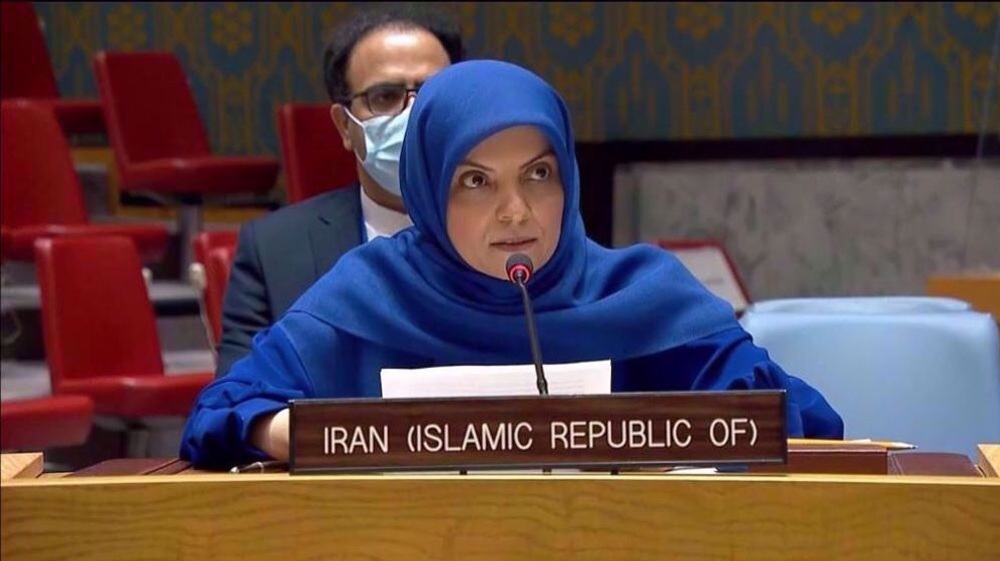
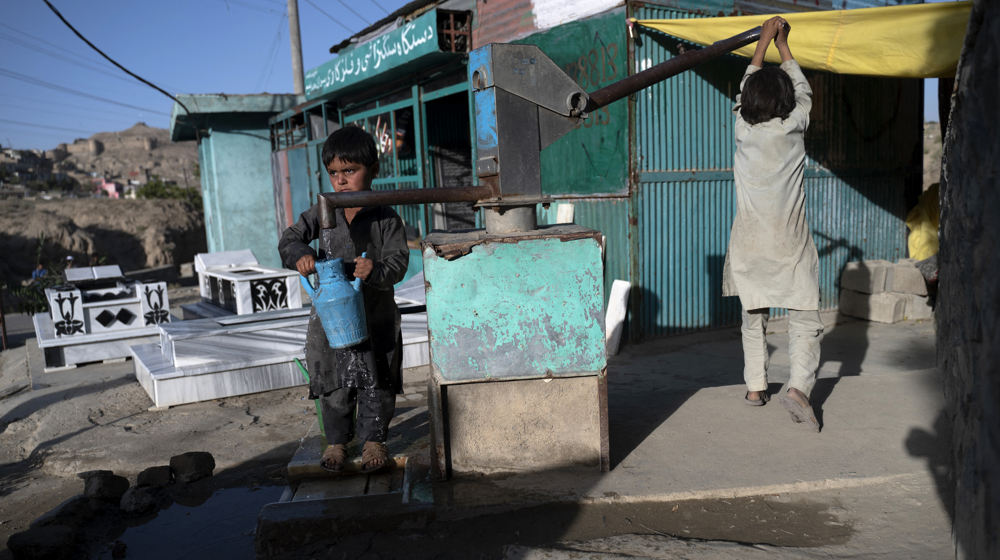
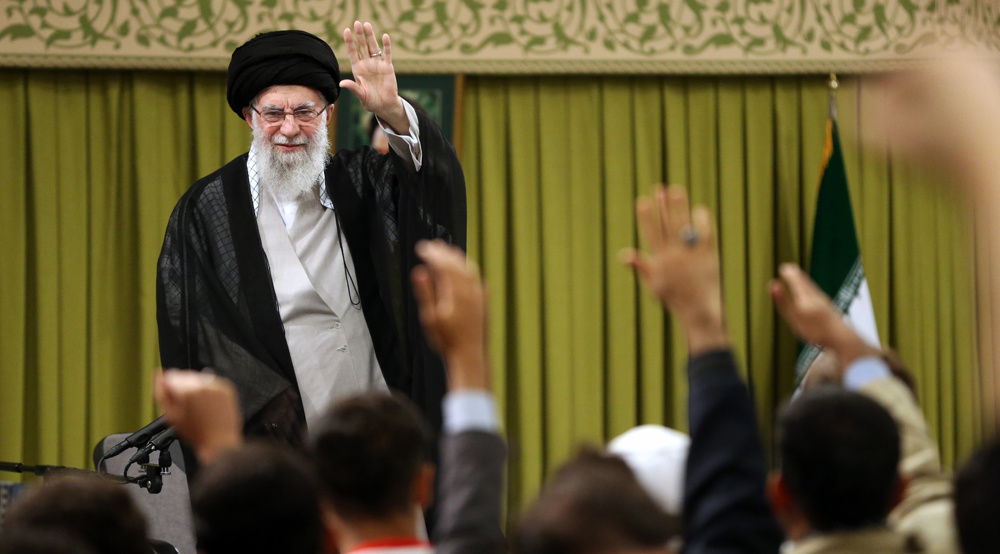
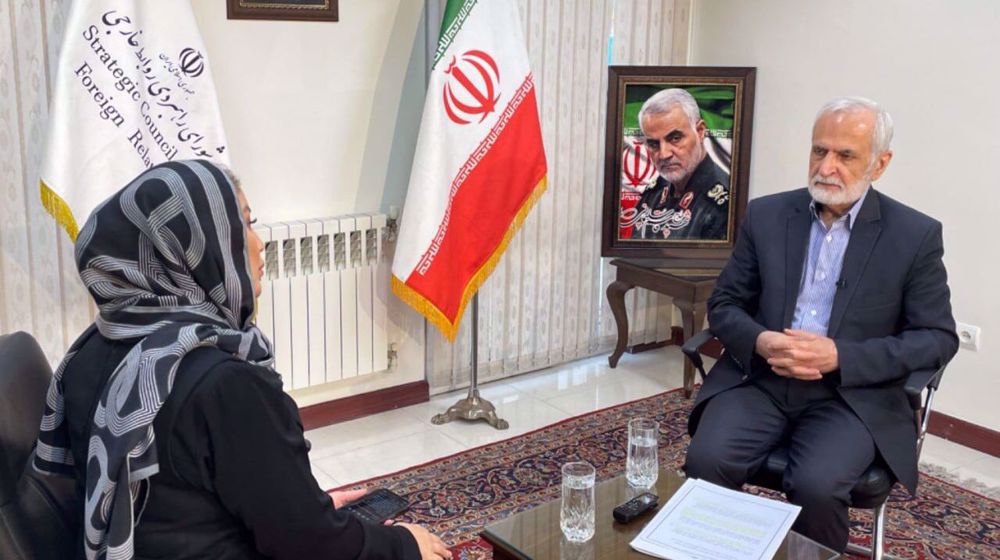
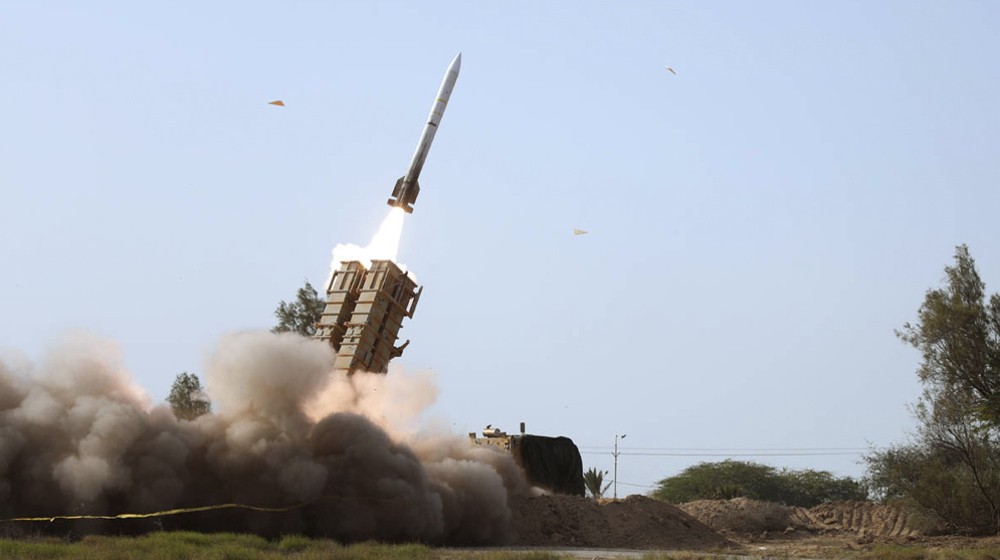



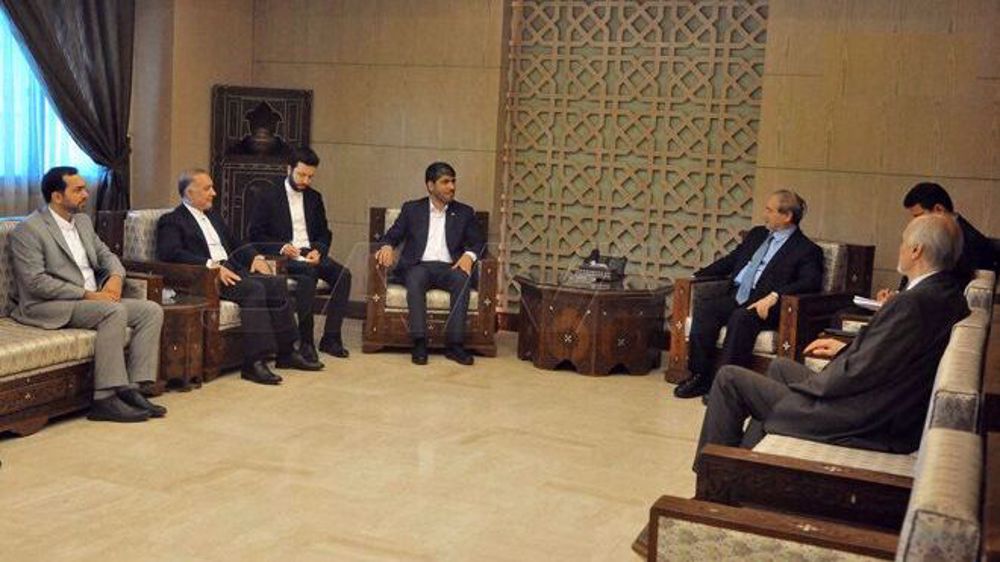
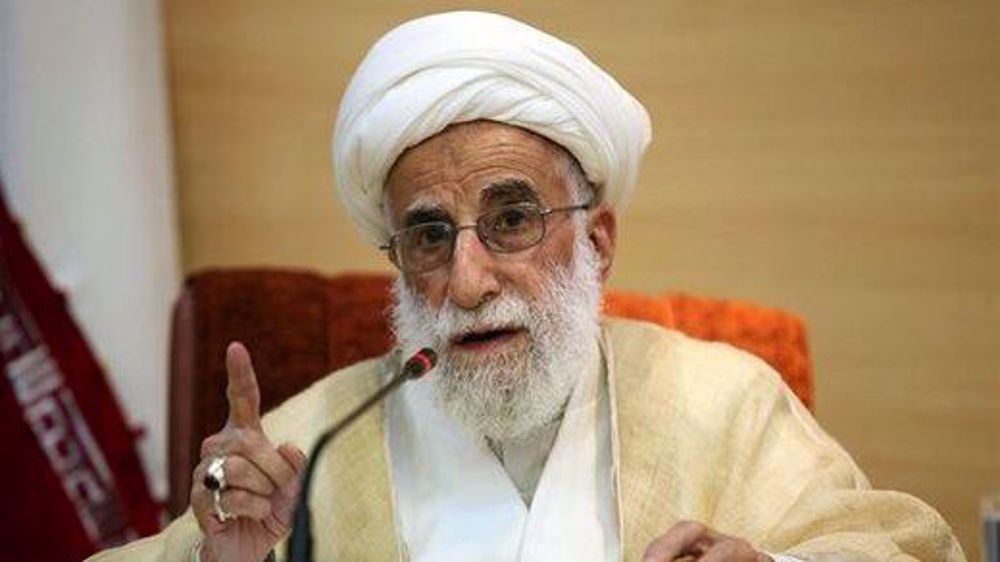
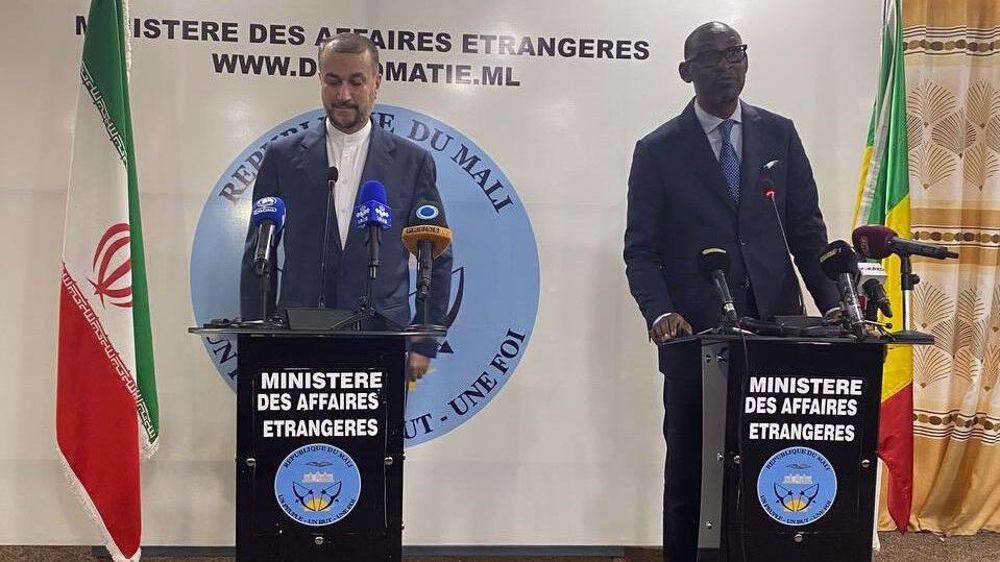
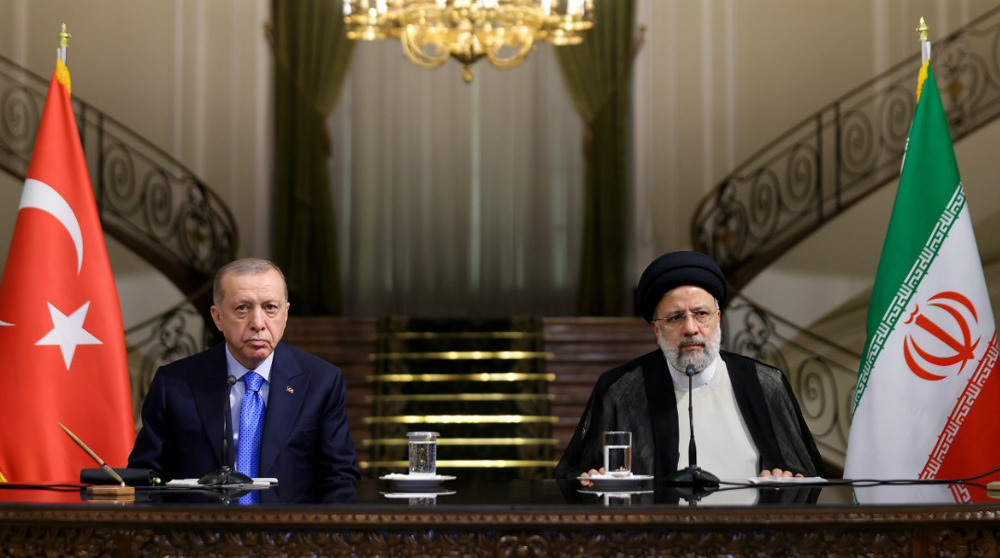

 This makes it easy to access the Press TV website
This makes it easy to access the Press TV website